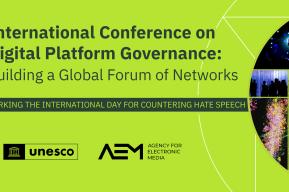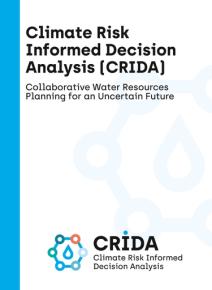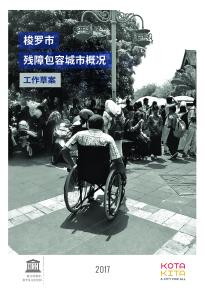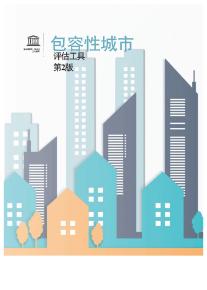Publication
UNESCO Science Report: the race against time for smarter development

It is striking how development priorities have aligned over the past five years. Countries of all income levels are prioritizing their transition to digital and ‘green’ economies, in parallel. This reflects a double imperative. On the one hand, the clock is ticking for countries to reach their Sustainable Development Goals by 2030. On the other, countries are convinced that their future economic competitiveness will depend upon how quickly they transition to digital societies. The report’s subtitle, ‘the race against time for smarter development’, is an allusion to these twin priorities.
For developing countries, this imperative is obliging them to accelerate a process of industrialization and infrastructure development that would normally take decades. This process can be an opportunity for them to reduce their dependence on foreign technologies, as long as governments can ensure that industrialization and infrastructure development intersect with capacity-building in research and innovation. Since the private sector will need to drive much of the dual transition, governments everywhere are designing new policy tools to facilitate technology transfer to industry.
This seventh edition in the series arrives at a crucial juncture, as countries approach the halfway mark for delivering on their Sustainable Development Goals. The report finds that sustainability science is not yet mainstream in academic publishing at the global level and that it is developing countries which are publishing most, proportionately, on related topics. This trend, combined with greater government support for start-ups and small businesses in many countries, suggests that the current knowledge gap could narrow in the coming years, as long as the challenge of chronic underfunding can be overcome: four out of five countries still spend less than 1% of GDP on research and development.
The UNESCO Science Report series targets policy-makers, academics, the intergovernmental and non-governmental communities, the media and other groups interested in understanding how science governance is shaping countries’ development agendas.









